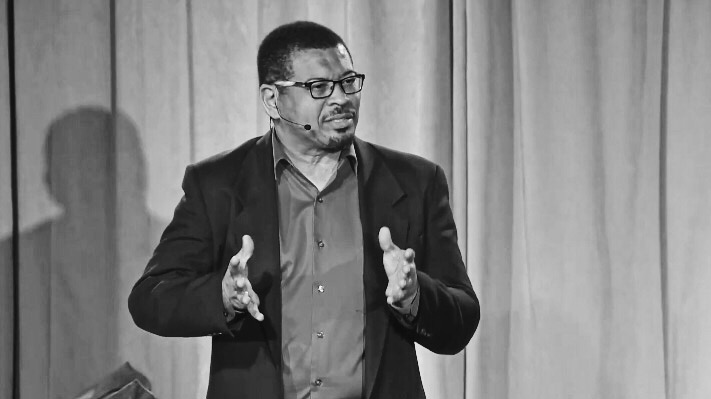
When the benediction is offered at the conclusion of a church service, it can be easy to nod in agreement even as we neglect or forget the actual implications for everyday life. As we exit the walls of the local church and engage with the rest of the world — economically, socially, or otherwise — how do we shine our light with both love and distinction?
In a recent lecture at the Oikonomia Network’s Karam Forum, Vincent Bacote encourages us to reflect on what discipleship ought to look like in a diverse and pluralistic society.
“Each week, most church members work and play among people with competing conceptions of truth, goodness, beauty, and justice,” he says. “The benediction sends people who believe that Christ has come, died, risen, and will come again, into engagement with a complex, diverse society, and that engagement is their true and full discipleship. But how should they engage?”
Channeling similar themes as Acton’s For the Life of the World: Letters to the Exiles, Bacote argues that the church ought to engage the world with imagination, hospitality, and hope.
1. Revive Imagination
Many Christians live in an imagination desert, unable to connect faith and vocation…We need to help them see that imagination is the friend of truth, to imagine is to work with truth, to envision various ways God’s truth can appear in our workplaces. The faith-and-work movement emphasizes the first Great Commission, the one we see in Genesis 1:28 and Psalm 8, where we learn that humans are created in the divine image and charged by God to be caring, winsome stewards of the world, especially in the work place…
Inhabitants of the imagination desert make little of the world. Perhaps content with receiving God’s truth, but ignorant or confused about how God’s truth connects to the rest of life. Culture makers work with truth, figuring out and imagining how to make something of a pluralistic world.
2. Embrace Hospitality
While the faith-and-work movement and holistic discipleship tell us to dive into the world of work in the public square, that world out there can be a harsh environment for the expression of a vibrant faith. Returning fire, or huddling with “our people” and avoiding “them,” may seem to be the optimal strategy. Jesus gives us another path: The way of hospitality…
Don’t let selective righteousness give you permission to take the path of the priest and the Levite. Who are the people out there on your pathways, waiting to be engaged with hospitality? Are you walking on by, or do you have a holy zeal for hospitality in our pluralistic world? People who believe that Christ has come and died and risen and will come again, they hear words of benediction each week — good words sending the people of God into a world with pluralistic pathways, full of Good Samaritan opportunities.
3. Engage with Hope
Christians ought not to despair…Our faith calls us to hope, prompting us to carry hopefulness with us everywhere…Hope steers us through these challenging waters. 1 Peter 3:15 tells us to be ready to give an answer for the hope that is within us, especially in difficulty and hostility. Our hope is in Christ’s salvation, that reclaims God’s world, vanquishes sin and death, and gives meaning to our lives each day. Hope admits that circumstances aren’t always going to be in our favor, but it resists pressing the mute button.
Getting these three, distinct aspects right will transform our cultural influence, whether through our economic action, community involvement, or political witness.
Whether we’re building relationships with friends and neighbors, trying to start new businesses and pioneer new industries, or responding to various challenges to individual freedom and religious liberty, we can move forward boldly with imagination, hospitality, and hope.
“For all our work in this world is made of stuff of the earth — our families, our labor, our governments and charities and schools and art forms — all of it takes place here below, but all of it is pointed toward heaven,” says Evan Koons in For the Life of the World. “…Imagine if all of us offered our work for the good of the cities around us. How might we be able to change those cities? What would it look like if we only understood that our humble work is a heavenward offering? What would our city of exile look like then?”

